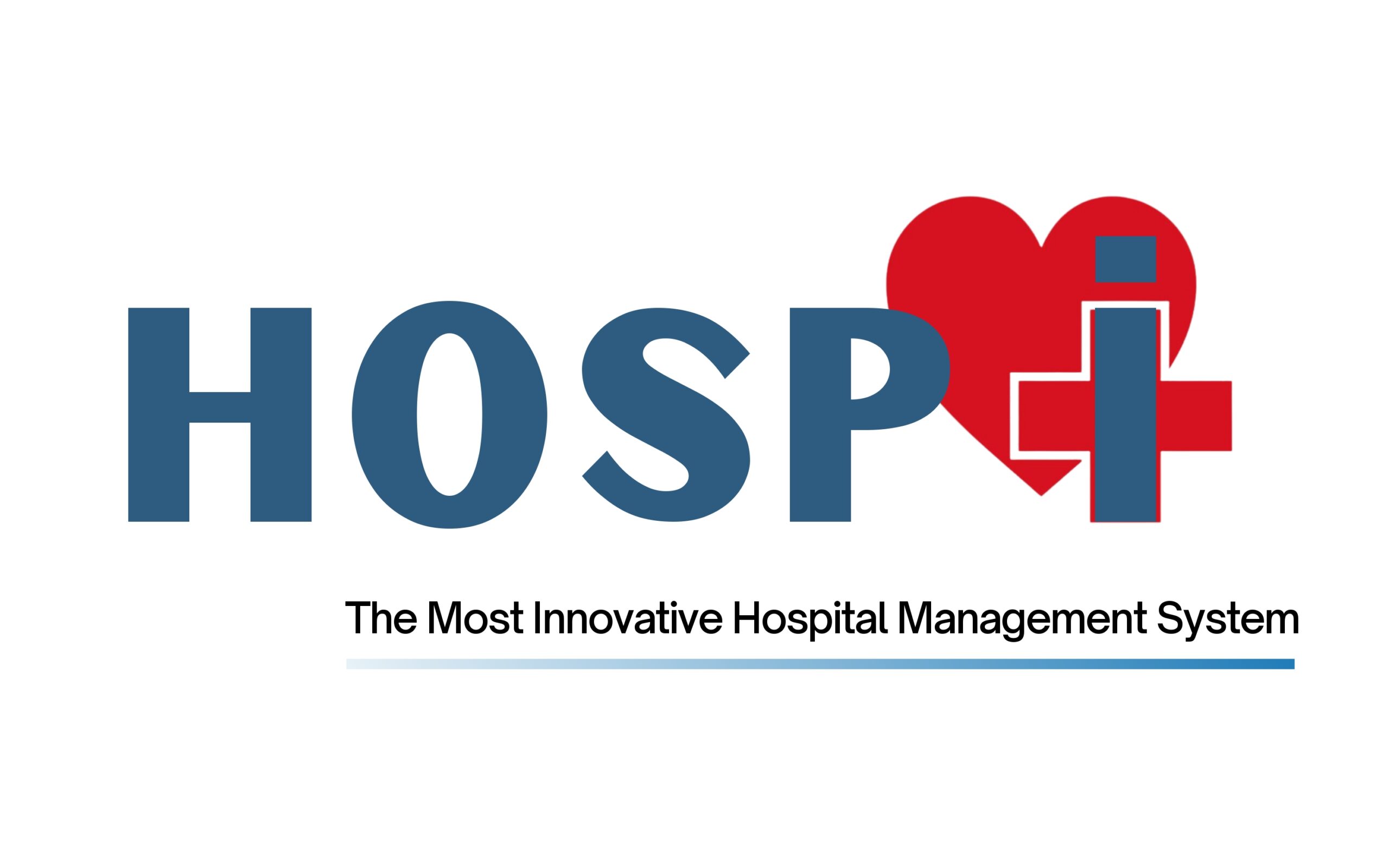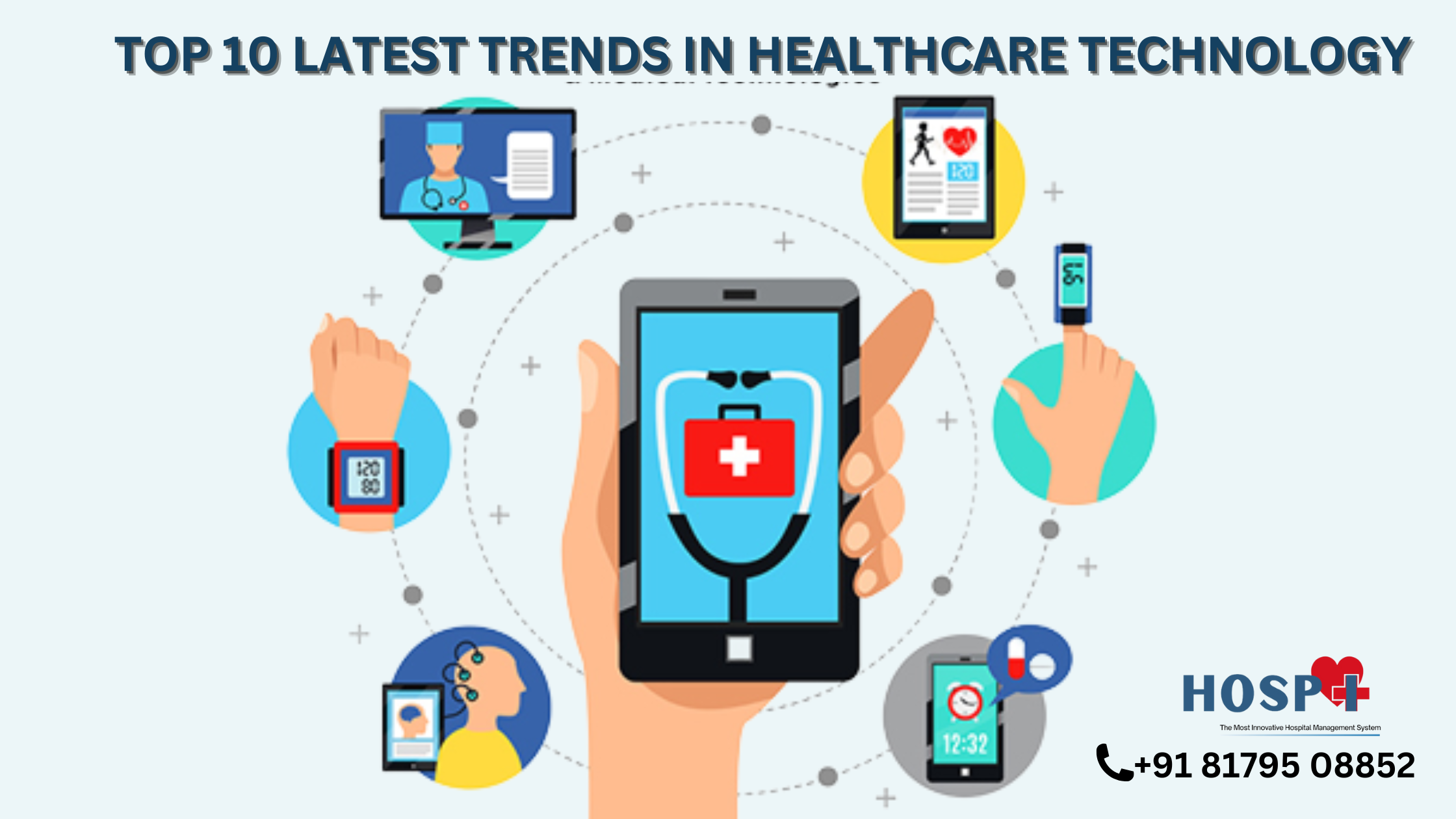Advancements in technology have revolutionized the healthcare industry, enhancing patient care, improving diagnostic accuracy, and streamlining medical processes. With each passing year, new and innovative technologies continue to emerge, reshaping the landscape of healthcare. In this article, we will explore the top 10 latest trends in healthcare technology, each promising to have a significant impact on how healthcare is delivered and experienced.
The Rise of Telemedicine
Virtual Healthcare at Your Fingertips
Telemedicine, or virtual healthcare, has become increasingly popular, especially during the pandemic. It allows patients to consult with healthcare providers remotely, reducing the need for in-person visits and improving access to medical services.
Artificial Intelligence in Diagnostics
AI-Powered Precision in Diagnosis
Artificial Intelligence (AI) is transforming diagnostic processes by analyzing vast amounts of patient data and medical literature. AI algorithms can assist in accurately detecting diseases and recommending personalized treatment plans.
Internet of Medical Things (IoMT)
A Network of Connected Healthcare Devices
The Internet of Medical Things (IoMT) involves interconnected medical devices and wearables that collect and exchange patient data. This technology enables real-time monitoring and remote patient management, leading to better healthcare outcomes.
Blockchain for Healthcare Data Security
Ensuring Privacy and Security in Healthcare
Blockchain technology is being integrated into healthcare systems to enhance data security and privacy. It provides a decentralized and tamper-resistant platform for storing and sharing sensitive patient information.
Virtual Reality for Therapeutic Applications
HImmersive Healing Experiences
Virtual Reality (VR) is being harnessed for therapeutic purposes, such as pain management, anxiety reduction, and physical rehabilitation. VR technology offers immersive experiences that aid in patient recovery and well-being.
3D Printing in Medicine
Revolutionizing Personalized Medicine
3D printing has found applications in the medical field, allowing for the creation of patient-specific implants, prosthetics, and medical models. This technology facilitates personalized treatment approaches.
Genomics and Precision Medicine
Unlocking the Secrets of Genetics
Advancements in genomics have paved the way for precision medicine, tailoring treatments based on an individual’s genetic makeup. This approach offers targeted therapies for better treatment outcomes.
Robotics in Surgery
Enhancing Surgical Precision
Robotic-assisted surgery is transforming surgical procedures, providing greater precision, minimal invasiveness, and faster recovery times for patients.
Augmented Reality for Medical Training
Transforming Medical Education
Augmented Reality (AR) is being used to enhance medical training by offering immersive learning experiences, simulating surgical procedures, and improving medical education.
Big Data Analytics in Healthcare
Extracting Insights from Data
Big Data analytics plays a pivotal role in healthcare, enabling healthcare providers to identify trends, predict outbreaks, and optimize treatment plans based on large datasets.
Conclusion
As technology continues to evolve, healthcare stands to benefit immensely from the latest trends in healthcare technology. Telemedicine, AI-powered diagnostics, IoMT, blockchain security, virtual reality therapeutics, 3D printing, precision medicine, robotic surgery, AR-based medical training, and Big Data analytics are reshaping healthcare delivery, making it more efficient, personalized, and accessible.
To read some more articles like this, Visit this site: https://hospi.info/blog
Search more here: https://www.google.com/
FAQs
- What is telemedicine, and how does it benefit patients? Telemedicine enables patients to consult with healthcare providers remotely, improving access to medical services and reducing the need for in-person visits, especially in times of emergencies or during a pandemic.
- How is artificial intelligence used in medical diagnostics? AI analyzes vast amounts of patient data and medical literature to assist in accurate disease detection and recommend personalized treatment plans, leading to improved diagnostic precision and efficiency.
- What is the Internet of Medical Things (IoMT), and how does it impact healthcare? IoMT involves interconnected medical devices and wearables that collect and exchange patient data, enabling real-time monitoring and remote patient management for better healthcare outcomes.
- How does 3D printing contribute to personalized medicine? 3D printing technology allows for the creation of patient-specific implants, prosthetics, and medical models, facilitating personalized treatment approaches and enhancing patient care.
- What function does big data analytics serve in the medical field? Big Data analytics helps healthcare providers extract valuable insights from large datasets, enabling the identification of trends, prediction of outbreaks, and optimization of treatment plans for better patient outcomes.



